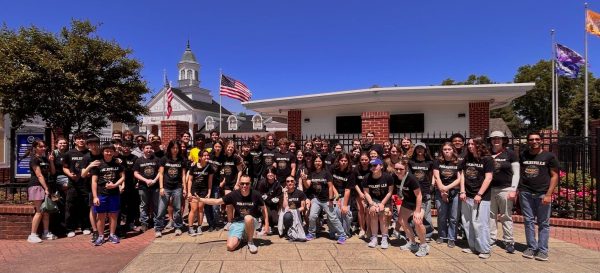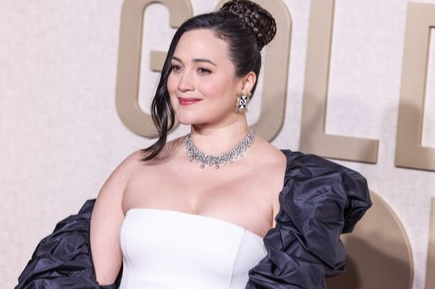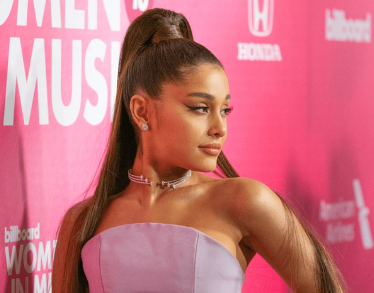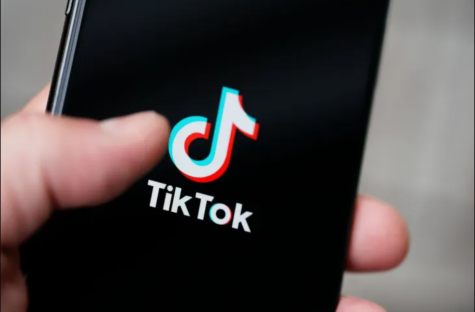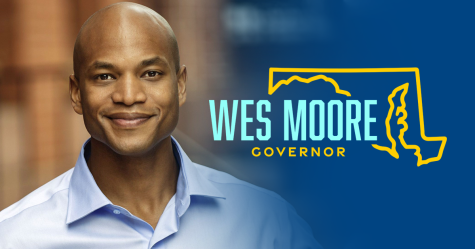Rap music as a call for social justice
*Opinions expressed in this article represent the views of the editorial board and not necessarily those of the school population or administration.
In the ’90s, Tupac was the most polarizing figure in the eyes of the media. Critics hated the man who spoke about living the “thug life” and seemed to be praising acts such as gang violence and drug use. In fact, all of rap was heavily villainized by the media for portraying images that were shocking to the general public. That toxic portrayal was detrimental to the image of rap for years; the music wasn’t a promotion of violent acts, but rather a commentary on the artist’s life. Rappers spoke about the adversity they experienced through unfair treatment as underprivileged members of society.
As Guru, the lead rapper of the legendary rap group Gang Starr, once said, “music itself acts as a safety valve in society… It’s our way to release tension, to let out the frustration that young people face in the world today.”
It’s often the voices of the oppressed that are left unheard, so when an artist like Tupac stands up and speaks for them, it’s important that society listens to what they have to say. Societies and cultures can’t evolve if we leave the people who need help behind.
“Besides a mother’s touch, there has been nothing that has calmed me more than Tupac’s voice. He was a father figure to me,” said Kevin Ornero, a Michigan native who grew up listening to hip-hop and ’90s rappers.
This is true for many others. Music is the purest form of emotional conveyance; it touches people’s souls and can create a personal connection between two individuals who have never met. Unfortunately, on 13 Sept. 1996, Tupac was shot and killed; however, today, many rappers still try to preach his message and continue his legacy.
“There [are] certain rappers who understand the influence they have and use it to spread wisdom. Rappers that do it for the culture and the people they love are the ones who are continuing his legacy,” Ornero continued.
Kendrick Lamar is a prime example of that belief, and has also had his fair share of villainization from the media. In response to Lamar’s performance of his hit platinum song “Alright” at the Black Entertainment Television (BET) awards in 2015, Fox News analyst Geraldo Rivera claimed that hip hop “has done more damage to young African Americans than racism in recent years.”
However, “Alright” is a stand against systemic injustice and the hardships of where he’s from. In the song, Lamar lists the many things that have held him down as a Black man in America, then repeats the phrase, “We gon’ be alright.”
This song also includes a line that many with similar backgrounds can relate to: “And we hate po-po, wanna kill us dead in the street for sure.” The media, especially those like Rivera, see lines like this as problematic and inappropriate, yet this is just Lamar using music as what it is: a pure form of expression speaking up for those who have experienced oppression for centuries.
African Americans in the United States have dealt with oppression and injustice since the colonies were founded, and as the next generation to lead this country, it is our duty as both Americans and human beings to finally listen to what they have to say. With the rising laser-focus on equity and diversity within society, the voices of the oppressed should be amplified, and their concerns should become everyone’s concerns.
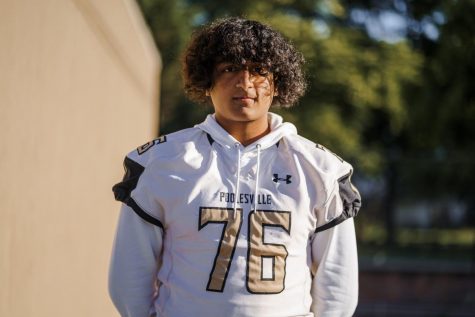
Zavier Ahmad is a senior in the Humanities Program, and this is his first year writing for The Pulse. He currently plays left tackle on the Poolesville...


